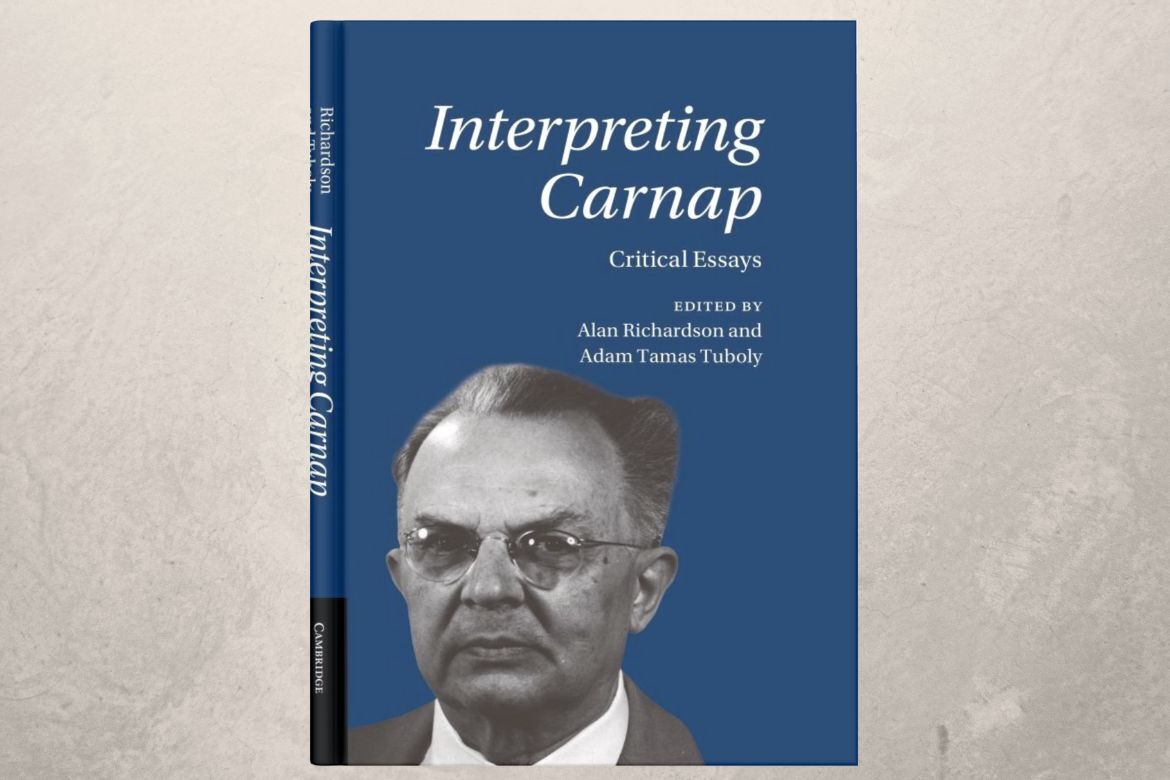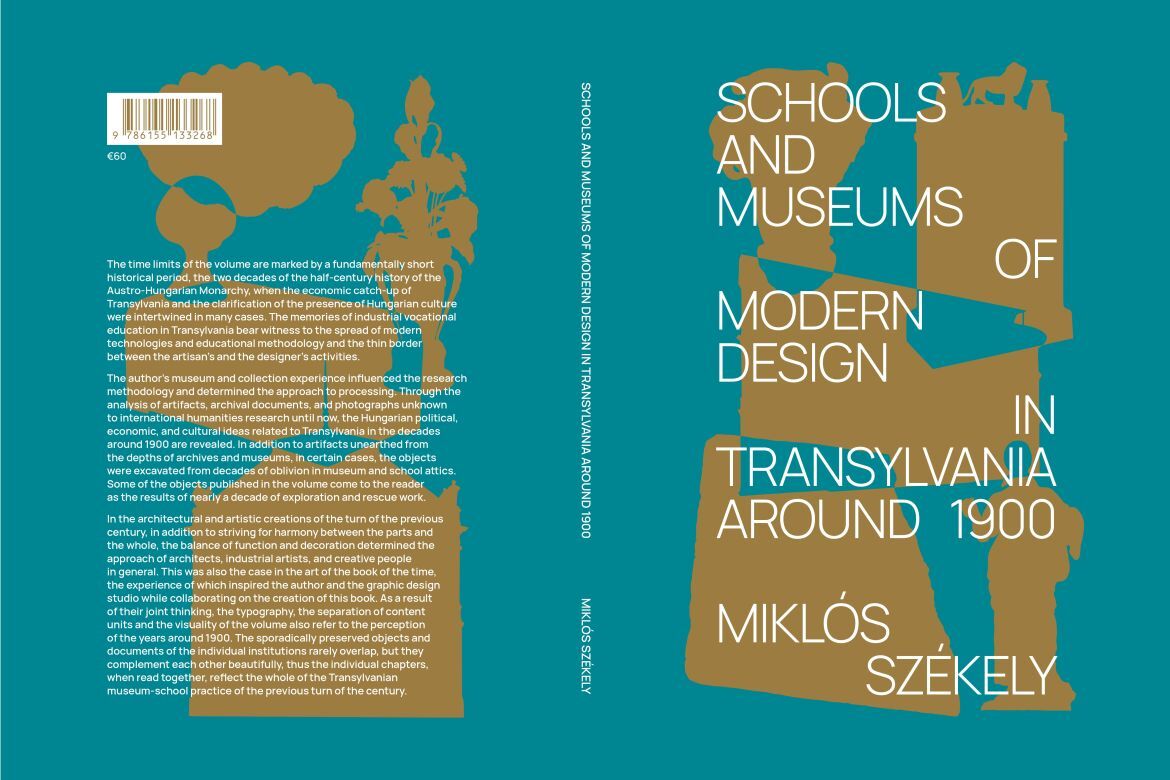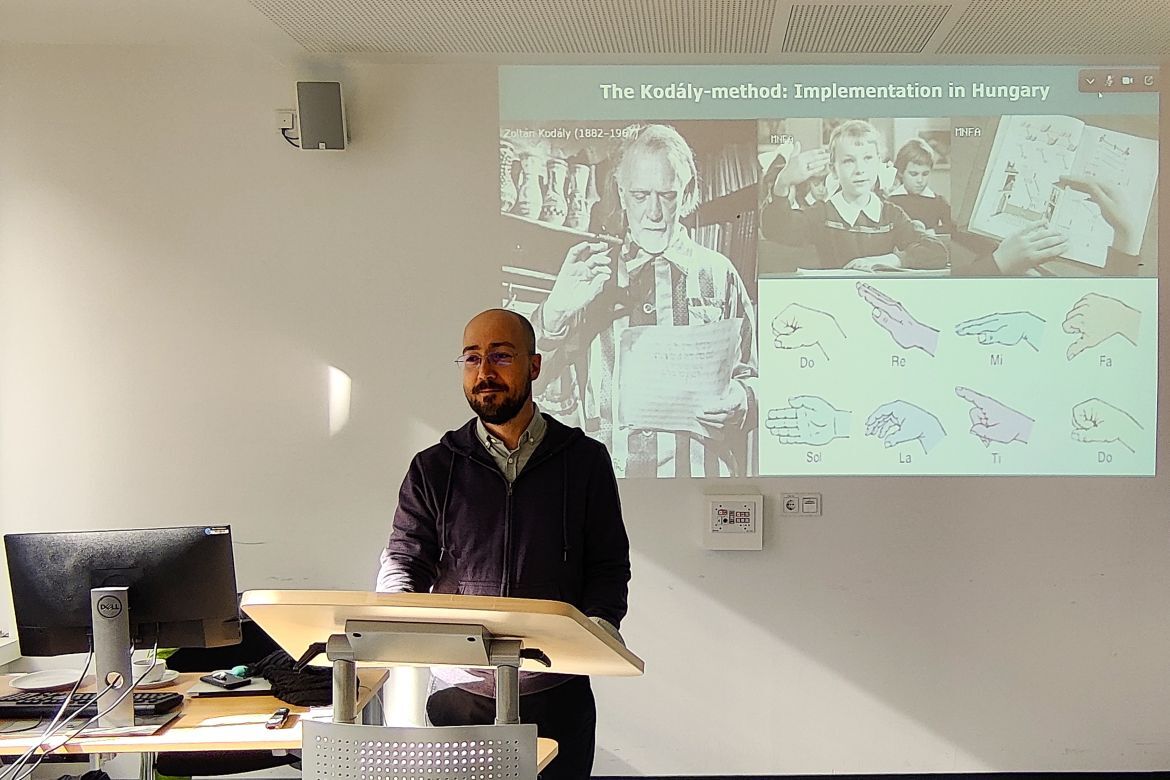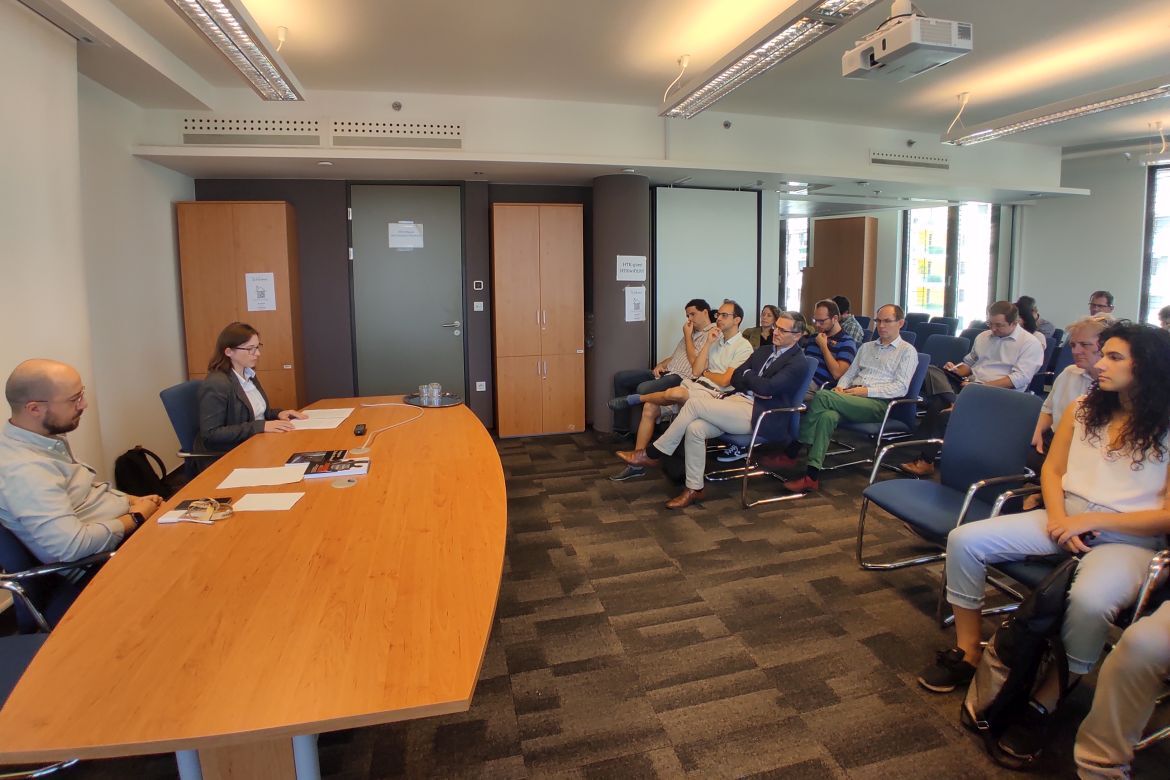
The Cambridge University Press released a new volume of essays, edited by Adam Tamas Tuboly, full time fellow at the Institute of Philosophy, and Prof. Alan Richardson (University of British Columbia), titled Interpreting Carnap: Critical Essays.

The time limits of the volume are marked by a fundamentally short historical period, the two decades of the half-century history of the Austro-Hungarian Monarchy, when the economic catch-up of Transylvania and the clarification of the presence of Hungarian culture were intertwined in many cases.

Szabolcs László, research fellow at the Institute of History, HUN-REN RCH participated in the conference entitled Dis-/Сonnecting the World: Subjectivities, Networks and Transcultural Encounters across Cold War Boundaries, organized at Bielefeld University on October 5-6.

On September 26, Leslie Waters, assistant professor of history at the University of Texas at El Paso, gave a lecture at the Institute of History on her newly published book, Borders on the Move: Territorial Change and Ethnic Cleansing in the Hungarian-Slovak Borderlands, 1938–1948.
Page 10 of 24